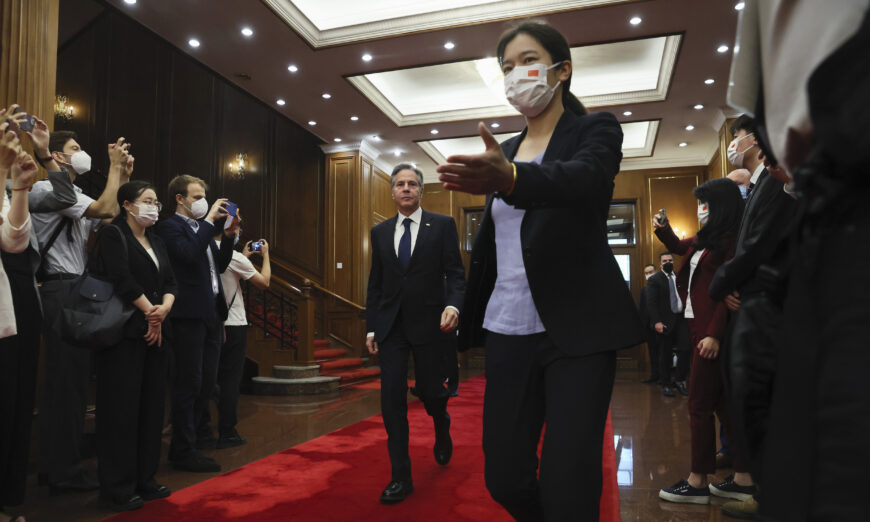New York Times Uses Groupthink, Not Evidence, To Claim ‘DEI’ Works
The Supreme Court seems poised to end decades of racist affirmative-action policies, according to The New York Times. “The Morning” newsletter last week Suggestions This social engineering policy is said to lead to better outcomes. “research shows that students learn more in diverse groups and employees are more productive.”
It turns out that the very Research The Times link admits that there is virtually no evidence to support the claim. “diversity, equity, and inclusion” (DEI) programming — which treats individuals based on their skin color — taking over campuses and companies across the nation. Instead, the authors of the cited piece 2022 are “Assessing Affirmative Action’s Diversity Rationale,” Recognize that DEI skeptics like Randall Kennedy, Harvard Law School Professor, are “correct that the existing empirical literature on diversity in education is lacking,” Even better! Repetition Just a few lines later, you will see that “the empirical evidence on the effects of diversity has remained lacking.”
The 2022 research paper authors admit:
Many scholars and jurists have questioned the empirical basis of affirmative action. In 2014, Professor Peter H. Schuck of Yale Law School contended, ‘[T]The assumptions that underlie the diversity argument for affirmative actions based on race are both empirically tenuous, and theoretically unprovable. …. Two years later, noted economist Thomas Sowell voiced a particularly acerbic version of this skepticism: ‘Nothing so epitomizes the politically correct gullibility of our times as the magic word ‘diversity.’
The Times supports the claim that affirmative action policies that are discriminatory racially actually improve student learning and employee performance. By latching on to the study authors’ own attempt — in spite of the barren empirical landscape those very same study authors themselves admit — to shoehorn this idea through. The researchers agree. “This article aims to offer empirical evidence of the effects of diversity in higher education” — an objective they manage to convince themselves they have achieved through an extraordinary demonstration of groupthink.
Groupthink among Researchers
Here’s how researchers proved their point in their Times-worthy research. Law reviews (i.e. Journals cite each other’s research. It turns out that journals that have adopted policies to “diversify” Their peers cite them more often in the aftermath than those who have not.
The study’s authors are now in awe “We thus view these results as empirically supporting the much-derided diversity rationale — support that could prove critical as affirmative action confronts numerous threats.”
However, law reviews are not without their flaws, as these researchers have admitted. “excellent work” Can be “lowly cited” While “execrable work is highly cited.” The Times 1619 Project provides a primer An analogy.) This basically boils down to asking. “How much does this journal’s output conform to the prevailing tastes of other (increasingly politically like-minded) journals?”
To prove the absurdity of the entire approach, the Times will cite the study to increase its own credibility.
" Conservative News Daily does not always share or support the views and opinions expressed here; they are just those of the writer."




